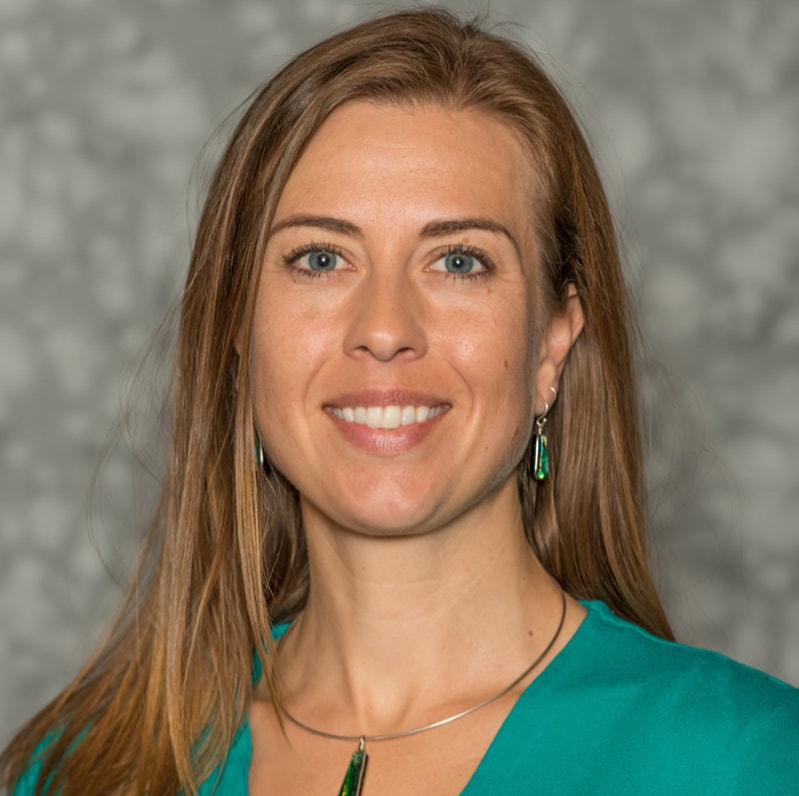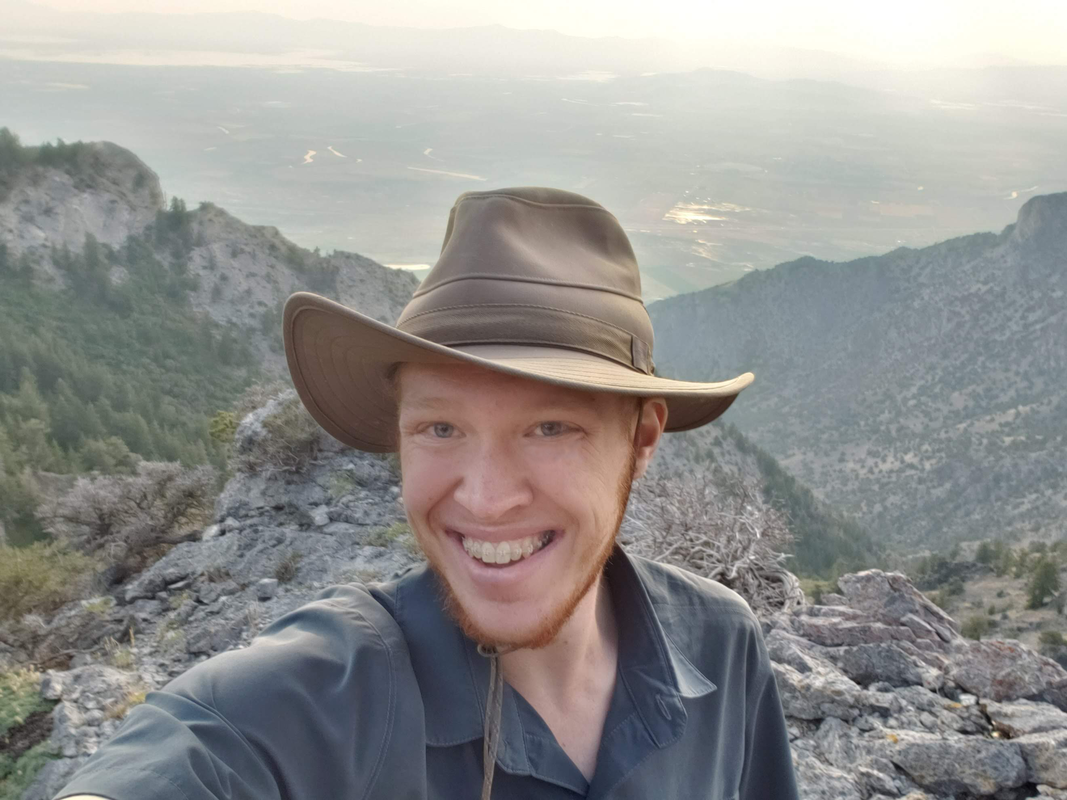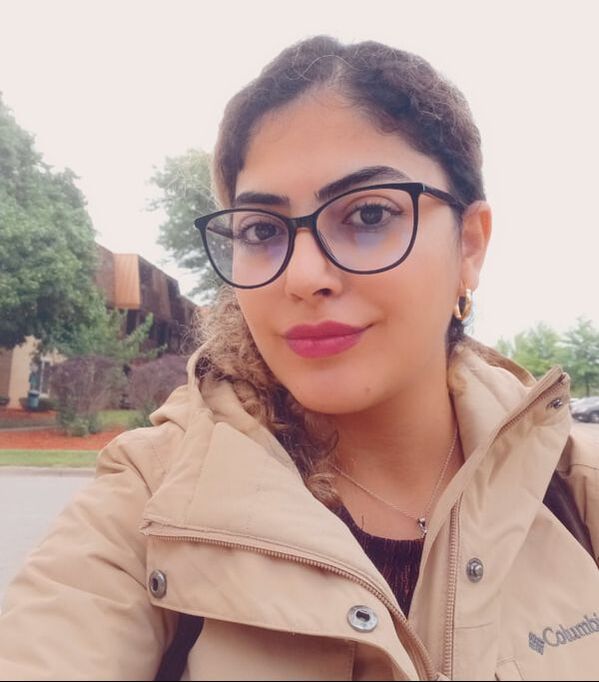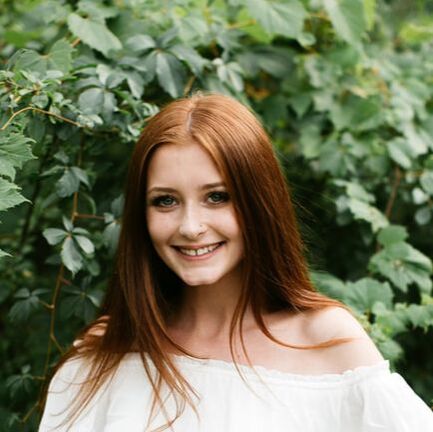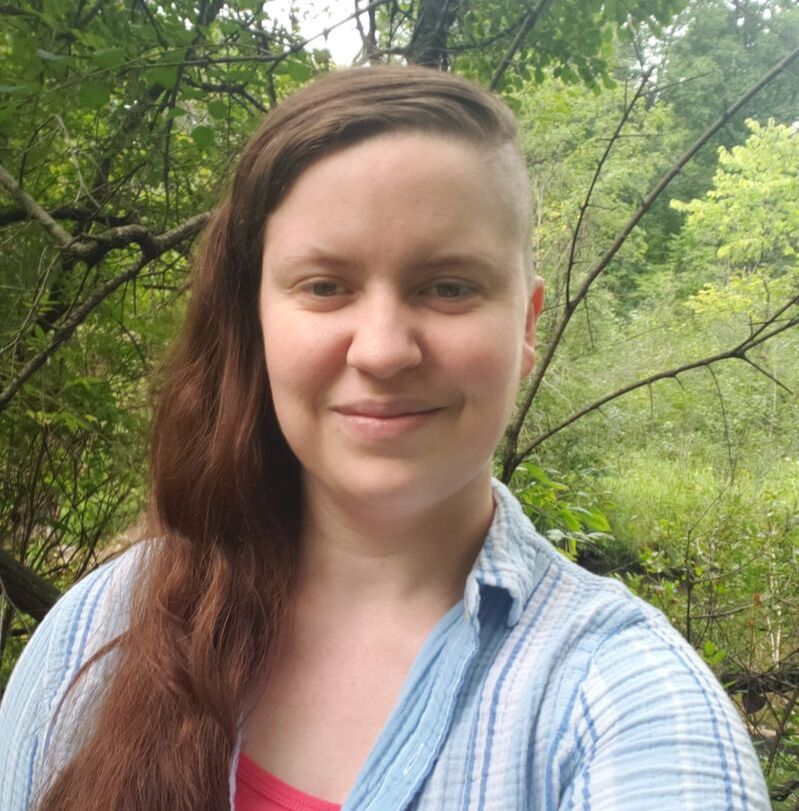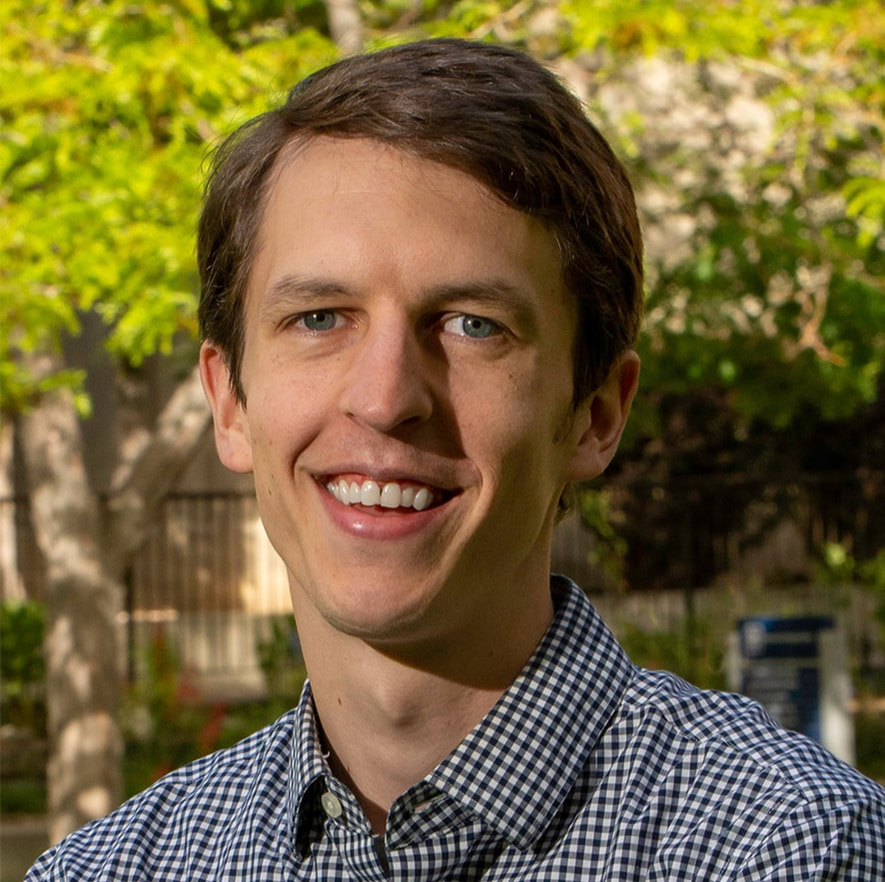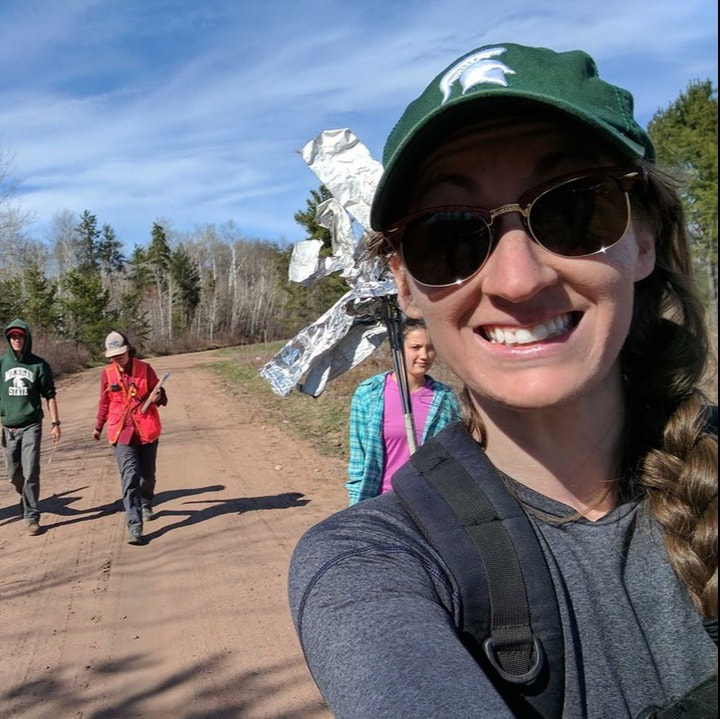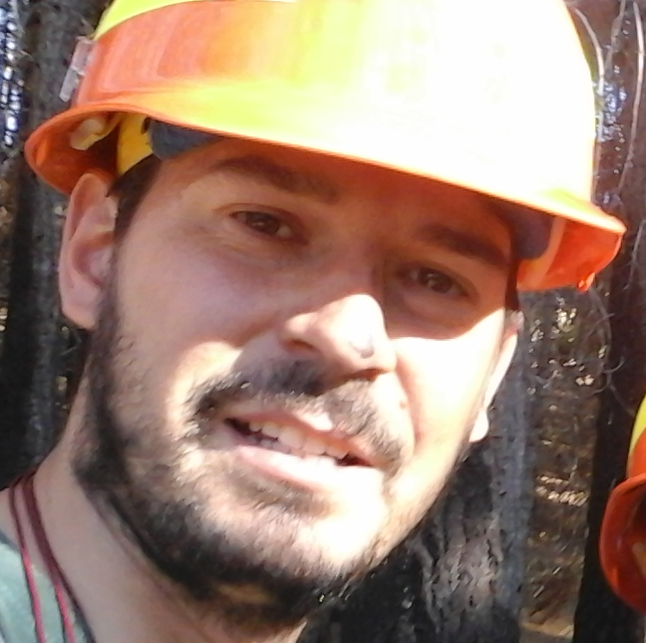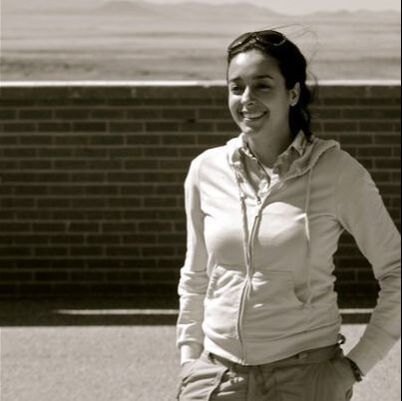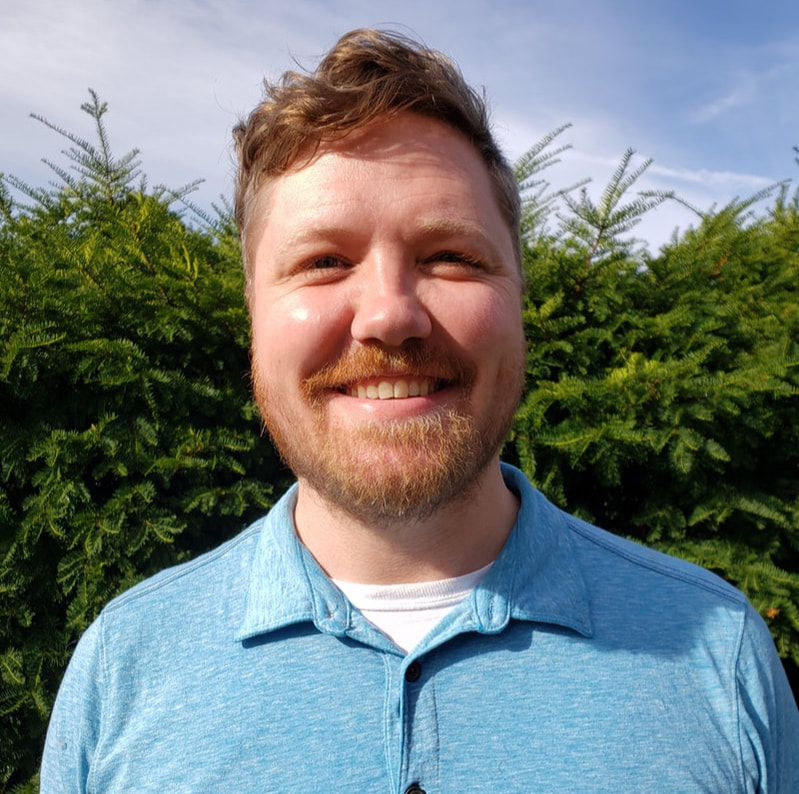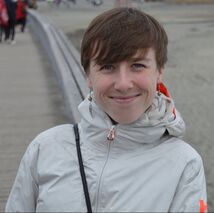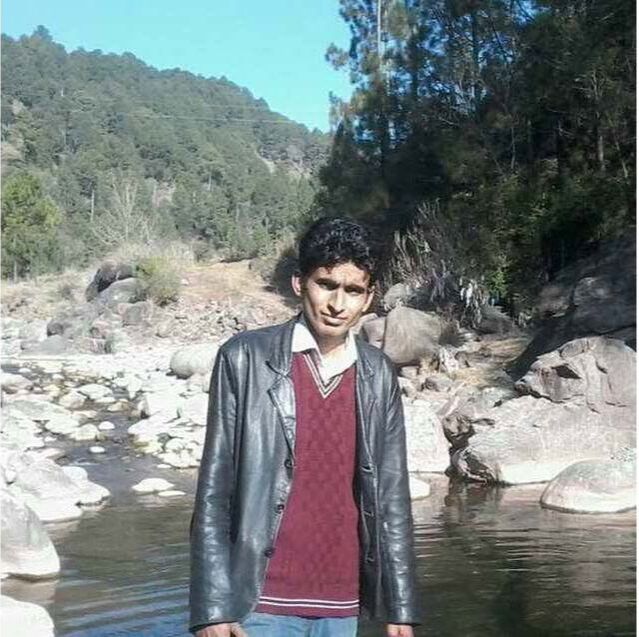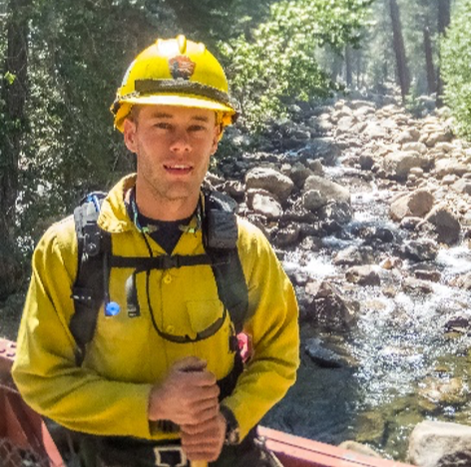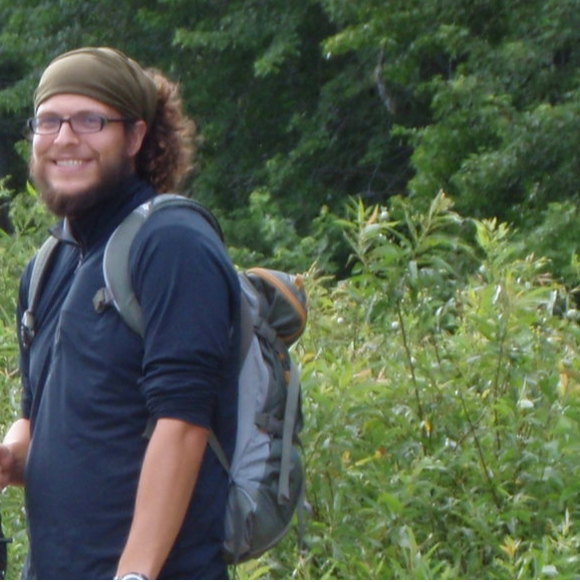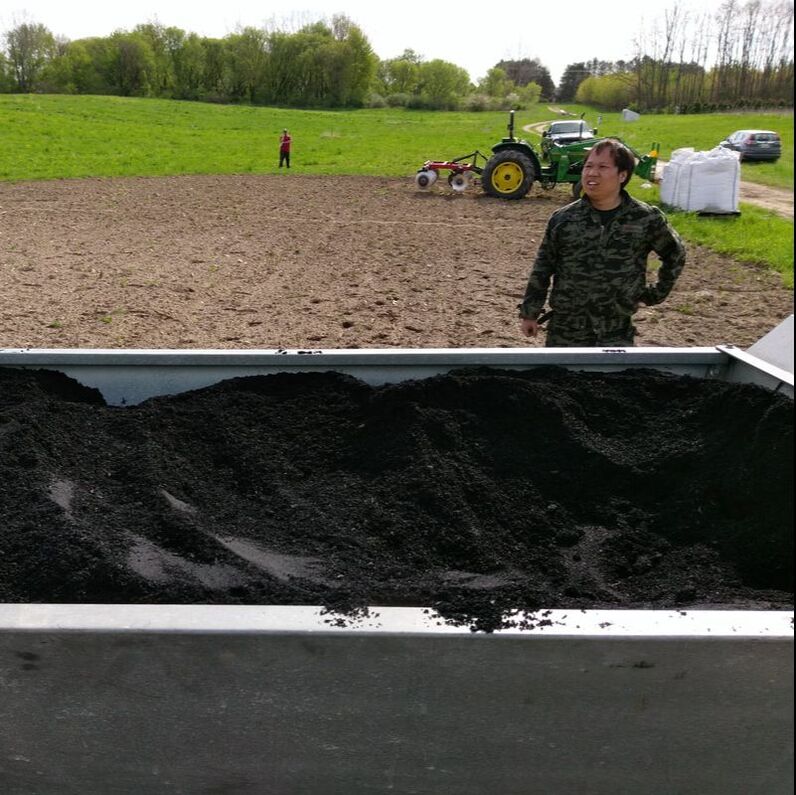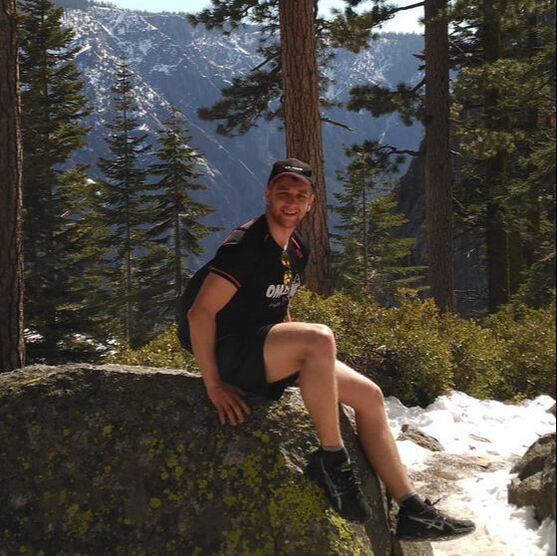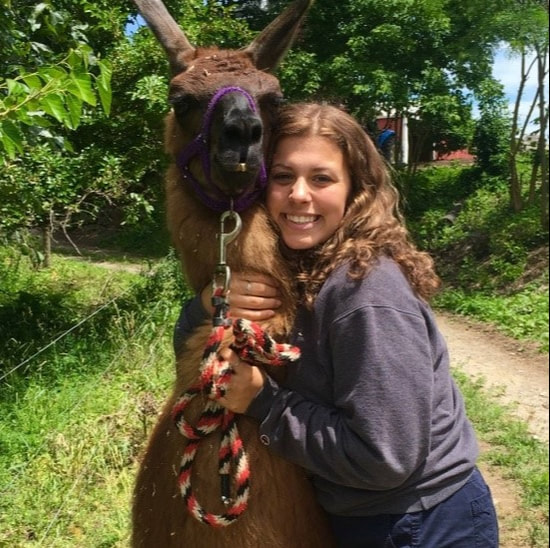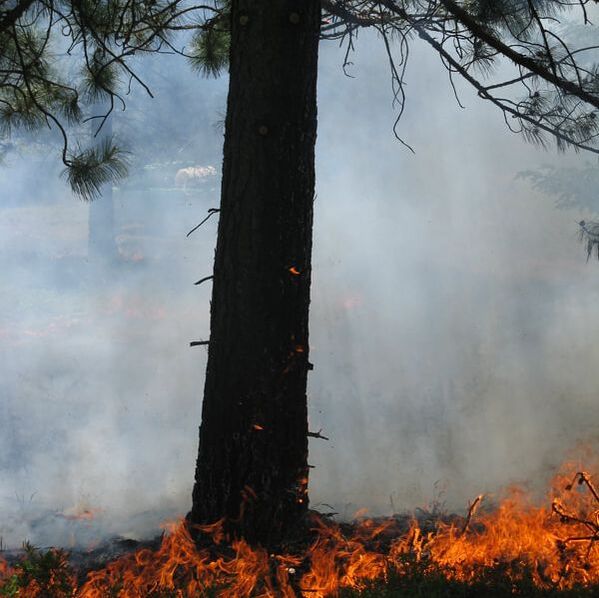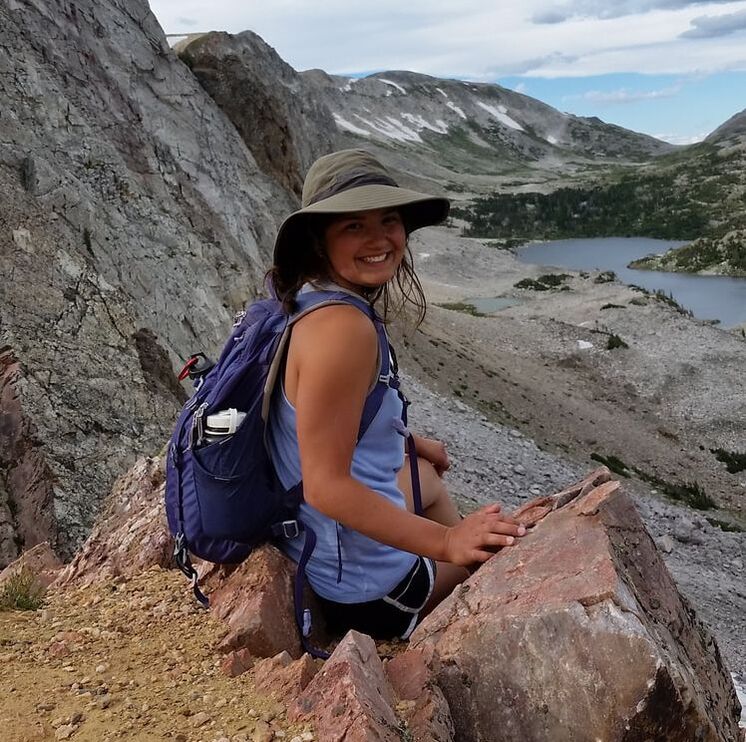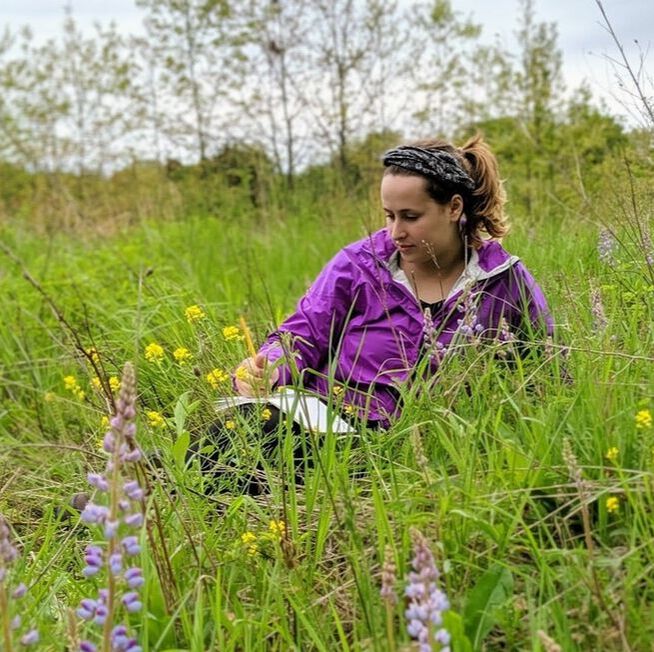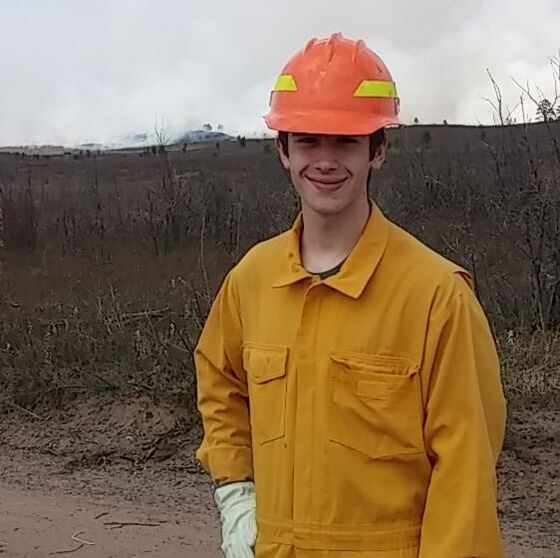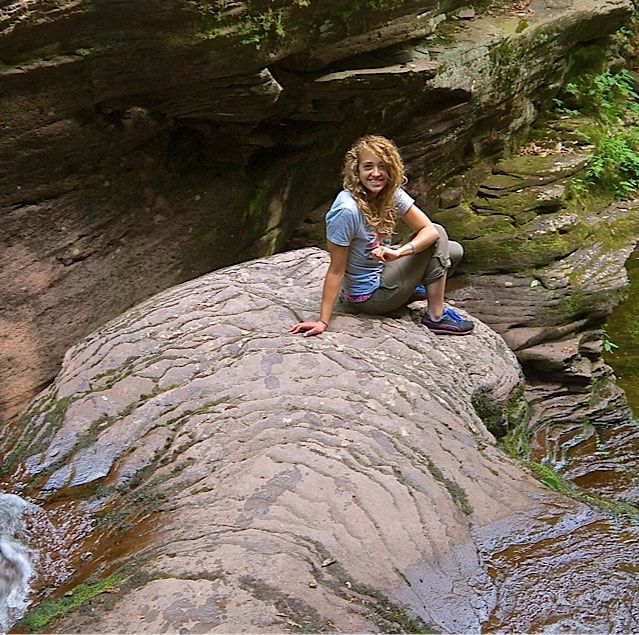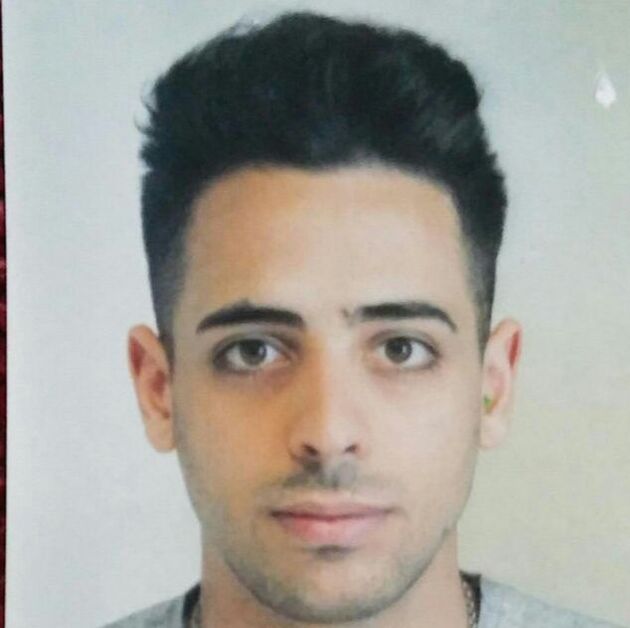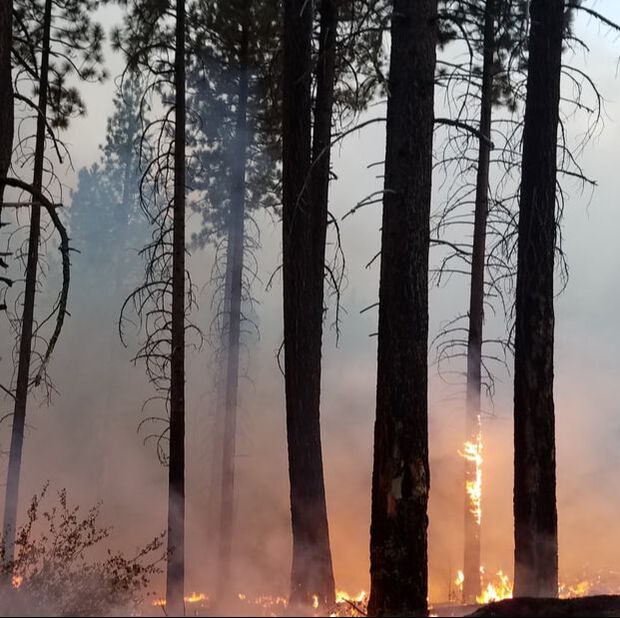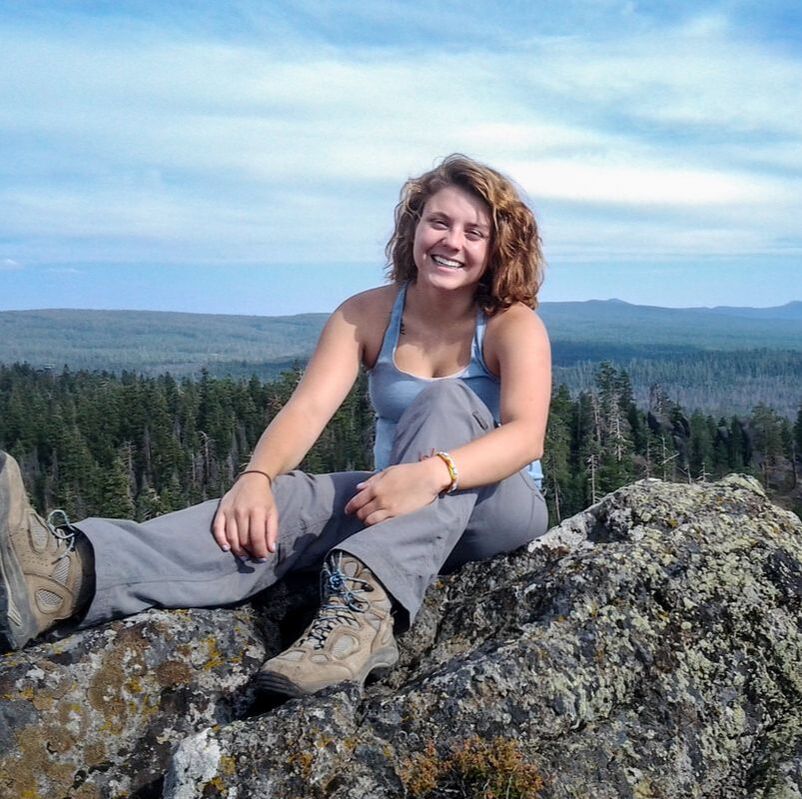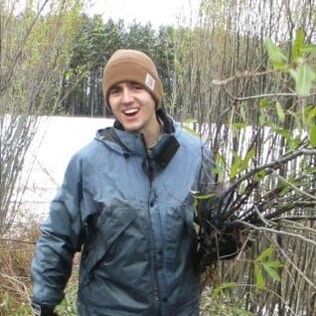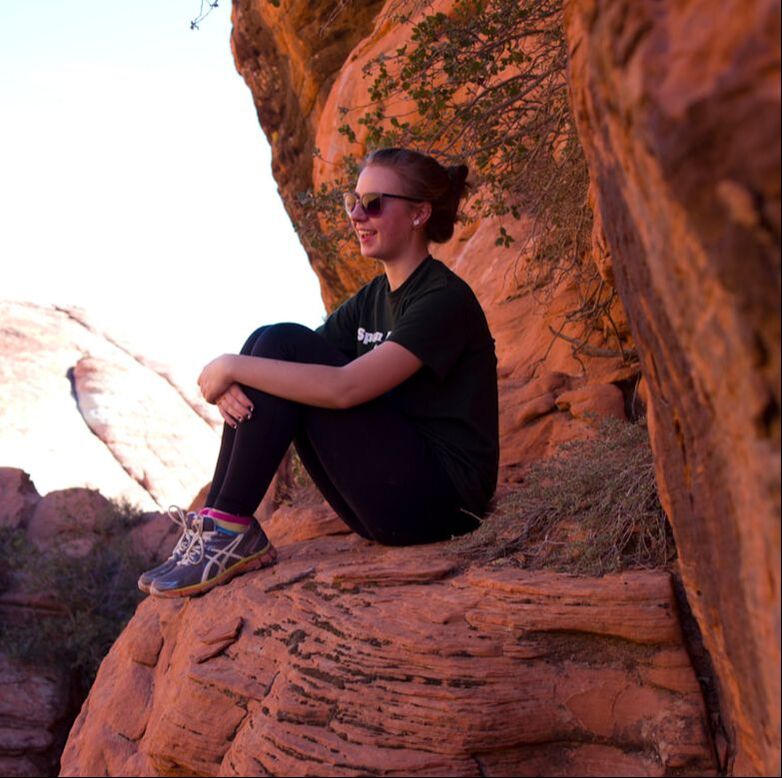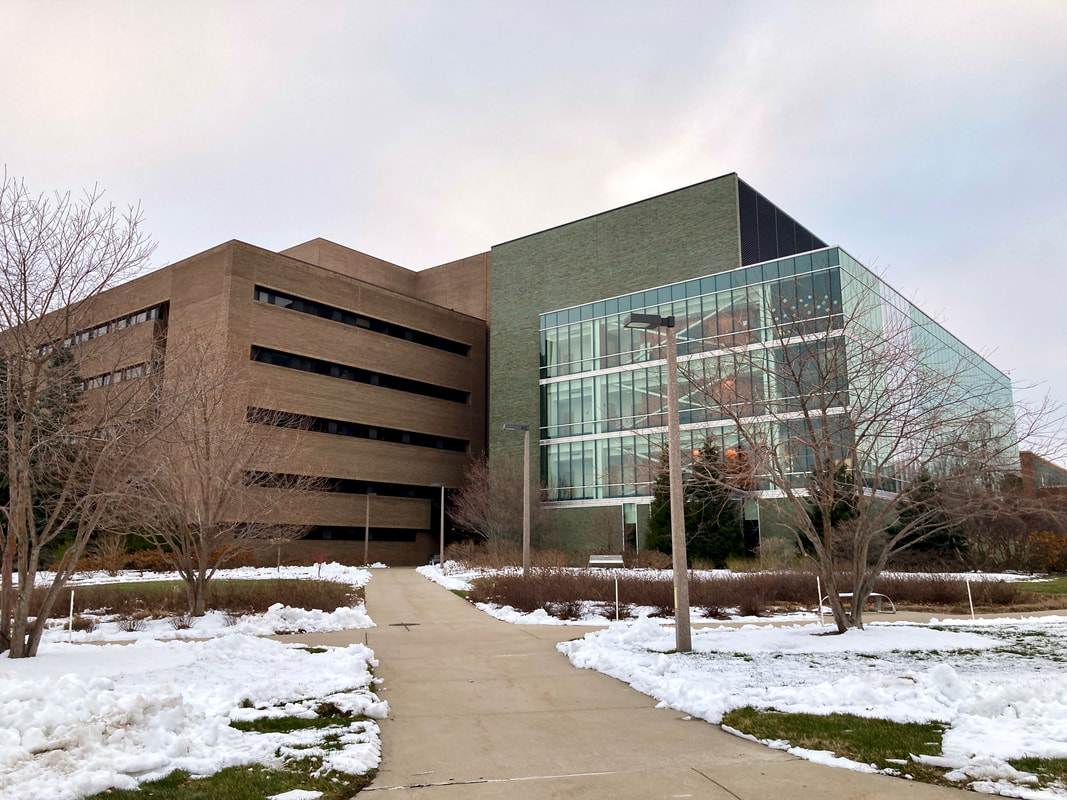Jessica R. Miesel, Ph.D | Principal Investigator
|
I am an ecosystem ecologist broadly interested in fire ecology and management in temperate forests and grasslands. My research focuses on fire and management effects on nutrient pools and fluxes in coniferous forest soils, comparative effects among fire and fire surrogate ecosystem management strategies, and the biogeochemical role of natural and anthropogenic black carbon in soil ecosystem processes. I have experience in wildland fire suppression, fuels reduction and prescribed fire operations, and fire effects monitoring and research. Although my current research focuses on forested ecosystems, I am intrigued by the ecology of many types of fire-adapted ecosystems. My previous work in reconstructed grasslands addressed alternative weed management treatments for best establishment of native grasses and forbs, including effects on plant species composition, biomass, and carbon and nitrogen cycling. I believe that understanding ecological processes is essential for appropriately designing sustainable human communities and land-use practices. My work as an ecologist contributes to these goals. I am also interested in the role of ecology in society, and in identifying ways that ecologists can contribute to social and environmental justice.
|
Joseph Birch | Postdoctoral Research Associate
|
Joseph graduated from the University of Alberta in 2020 with a PhD in Forest Biology and Management and joined the Miesel lab as a postdoctoral fellow. Originally from Utah, he got his B.S. in Conservation and Restoration Ecology at Utah State University in his hometown of Logan. His previous research focused on how forest demography, succession, and growth changed through time and with disturbance and how belowground fungal communities interact with forests across time and space. His current research is focused on identifying how fire severity and frequency influences carbon loss and ecosystem recovery across a fire-severity gradient in forests across California. Joseph has a passion for fieldwork and dendroecology and spends an inordinate amount of time in the mountains sleuthing out old trees.
|
Sara Sadeghi | PhD Student
|
Sara got her MSc degree from the University of Kurdistan in 2019. Her major was Forest Ecology and Silviculture and her research focus was on soil disturbance and its effect on soil chemical and physical characteristics. She also worked on 'pedotransfer function' (PTF) methods to predict soil microbial communities. She joined the Miesel lab in 2022 as a PhD student and her current research is about the response of soil chemical, physical and biological properties to wildfire. Outside of the lab, Sara enjoys hiking, reading and music.
|
Faisal Sherif | MSc Student
|
Faisal completed a Bachelor's degree in Chemistry at Michigan State University in May 2018 before working as a chemist for a food and animal safety company. He joined the Miesel lab as a volunteer while continuing to work as a chemist, before beginning a MSc program. His MSc thesis project focuses on soil spectroscopy, specifically using infrared spectroscopy to characterize and quantify soil properties using chemometric approaches.
|
Arlo Robles | MSc Student
|
Arlo earned his Bachelor's degree in agriculture with a major in soil science at the University of the Philippines - Los Baños in 2020. He then worked in the agricultural office in his hometown, where he was mainly responsible for soil fertility evaluation of small-hold farms. His work experience and previous research on slow-release nanofertilizers and nutrient use efficiency helped him recognize the increasing demand for research on sustainability and soil ecological functions. He is currently pursuing a MSc degree in the Miesel lab with interest in how biochar can restore and improve soil health. Outside the academic life, Arlo loves to drink coffee, watch adorable cat videos, and listen to good music with his favorite audio gear.
|
Kya Sparks | Undergraduate researcher
|
Kya is a recent graduate of Michigan State University Lyman Briggs College, earning a bachelor’s degree in Microbiology. She is primarily interested in the way that microorganisms interact and respond to changes in the soil with an environmental disturbance and specifically, the role that microorganisms play in climate change. She has spent the last year in the Miesel Lab researching how interactions between plants and soil might influence the success of assisted tree species migration. Her project is part of a collaboration with the USDA Forest Service, seeking to develop climate-adaptive forest management approaches. Her project will help understand forest response to climate change and other environmental disturbances. As a graduate, Kya remains in the Miesel Lab to aid in a soil spectroscopy focused research project. Kya enjoys unplugging from the noise of the world by camping under the stars, kayaking long winding rivers, and taking scenic hikes.
|
Emily Sprague | Lab manager
|
Emily graduated from Western Michigan University in 2018 with a Master’s degree in microbial ecology and spent time as a technician at Eastern Michigan University studying the impact of various rhizobia species on tallgrass prairie legume biomass. She joined the Miesel Lab as lab manager in 2022. She provides support for several projects, including the use of FTIR spectroscopy to characterize soil, the impact of forest fire severity on soil quality, and data management for the USDA/USFS DREAM project. Outside of the lab, Emily enjoys gardening, gaming, and music.
|
ALUMNI
Postdocs
The Miesel Lab |
Contact me |
Land acknowledgment
The University of Idaho acknowledges the Fort Hall Shoshone and Bannock peoples, their elders past and present, their future generations, and all Indigenouse peoples, including those upon whose land the University is located.
|
© COPYRIGHT 2021. ALL RIGHTS RESERVED.
